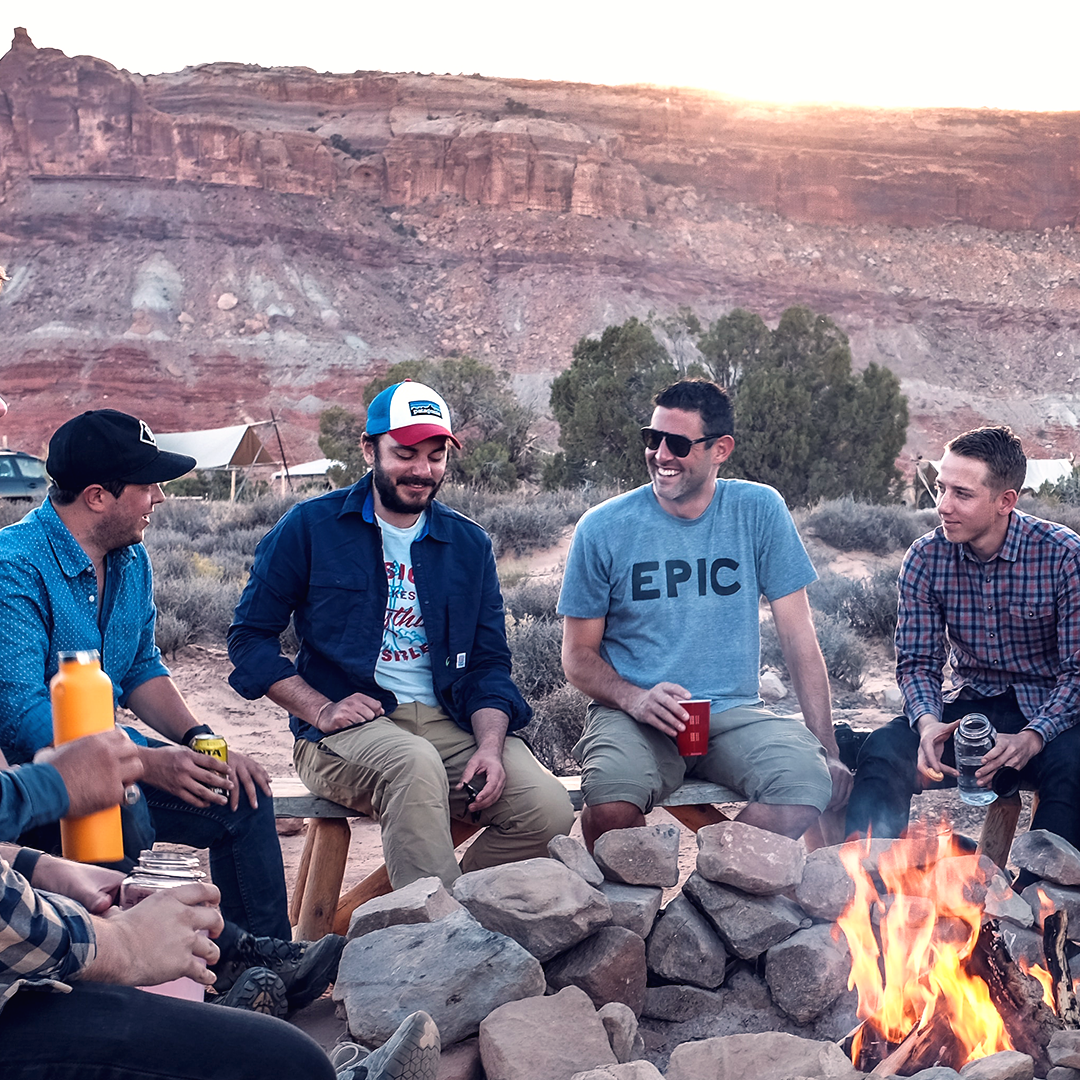How to Build Friendships that Last a lifetime

The “Slip Wall”, an obstacle in the adventure race “Spartan Ultimate Team Challenge”, was angled at 45 degrees, covered with mud and grease and presented a challenge that no competitor could overcome alone.
The teams attacked by stacking into a human ladder that was unsteady, hoisting their teammates to the top, and bracing against the possibility of collapse.
Sometimes, life can feel like this. Financial troubles, health crises and fractured relationships are just a few of the obstacles we face. We’ll never overcome these walls without the support of close friends.
Men and Meaningful Friendships: The Challenge
Men’s Journal published an article a few years back that presented ” The Male Deficit model”. It was based on 30 years’ worth of research and showed that male friends fall into three main categories: convenience, mentoring, and activity. This article asserted that men tend not to stay in touch once their shared activities are over.
In my lifetime, I have had many friends who came and went like a TV show — they were present for a while, but then mostly forgotten.
I have been lucky to maintain several friendships. The group of seven men I’ve been in close contact with for the past 20 years is a good example for how to build lasting friendships.
1. Find Your Crew
My college friends were mainly based on my involvement in Cru, our university’s Cru chapter and sports. These experiences helped us form the kind of side-by-side friendship that psychologists say is the most common way for men to connect.
Where can you find your crew members?
Men of all ages can enjoy a variety of different environments. You can, for example:
- Fantasy sports or recreational sports.
- Church small groups.
- There are clubs based on specific hobbies.
- Community activism
- Workplaces and professional organizations
2. Be Vulnerable
A Cru staff member mentored us eight seniors and organized a camping excursion in the Pennsylvania Mountains. Our mentor encouraged us to share our deepest feelings and fears with each other during the trip.
He told us to “take our masks off.”
This vulnerability is usually a turn-off for men, but this kind of vulnerability acts like super glue and binds us together in powerful ways.
Our shared faith in Jesus has made it possible for us to be vulnerable. Romans 8 verse 1 says, “There is no condemnation now for those who believe in Christ Jesus.” (New International Version).
All of us carry things heavy in our hearts, whether they are things we have done or said, or things that others have done or said to us. Romans 8:1 says that when we believe in Jesus and follow Him, He takes care of all the things we are guilty and ashamed about. Jesus’ death, and then his resurrection was to bear our sin and punish it as it is due. Then He would leave it behind and invite us into a new life.
We are not condemned. This truth allows me to be honest about my most vulnerable parts, knowing that I am accepted and loved. When I share my faith with men, they become conduits for Christ’s acceptance.
3. Place a stake in the ground
My friends and I, after our weekend in mountains, signed a document that committed us to staying connected for life. We committed to building friendships and encouraging one another’s faith. We also agreed to meet once a year in order to rekindle the flames.
Making a solemn promise is the key to sustaining friendships for life.
Each of us has faced towering slipwalls in the 20 years since our commitment. A broken engagement. A stillborn child. Several miscarriages. Parents’ deaths.
We would have faced these challenges more alone if we hadn’t put a stake down before college ended. Our shared commitment to this group motivated us to meet in person each year, use technology to remain close despite physical distance and shoulder the heavy loads we all face.